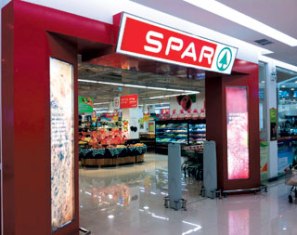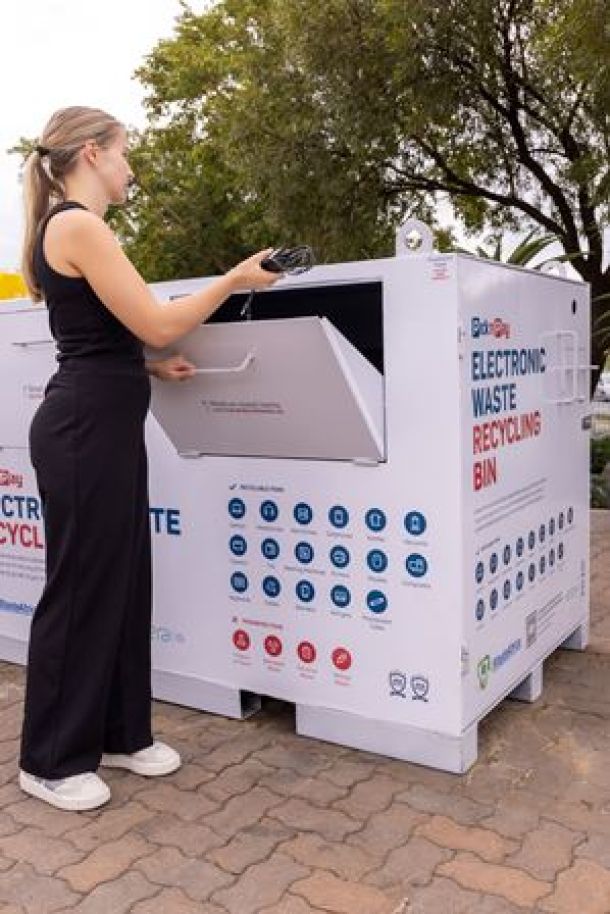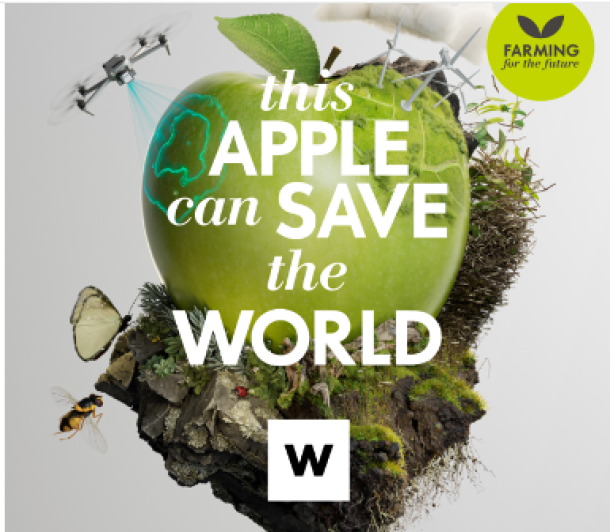SPAR’s plans to go green – including 100% recyclable bags and firelighters made of rhino dung
Retail group SPAR has announced new sustainability goals, which will introduce several green initiatives over the next four years.

Staff Writer | Business Tech
Sustainable packaging has been rolled out for certain the group’s in-house ‘own brand’ products, in line with a short-term focus on the 10 categories that deliver 80% of the group’s house brands.
“The two-litre milk cartons used for extra shelf-life milk are 100% recyclable and made from 87% renewably sourced material,” it said. “The reverse of the pack also includes information about a circular economy and how shoppers can assist with recycling.”
SPAR has also committed to having 100% of plastic packaging which is reusable, recyclable, or compostable by 2025.
“SPAR is one of the founding members of the South African plastics pact. The pact aims to create a circular economy that drives investment in infrastructure, supports livelihoods and keeps our environment free of plastic pollution,” it said.
Other initiatives that the group is working on include:
- The introduction of a new non-toxic, odourless, and eco-friendly firelighter. SPAR said that the product is suitable for indoor fires, barbecues and is made using dung sourced from rhinoceros. Each box purchased will also see a contribution made on our behalf to the Zululand Rhino Orphanage
- Carrier bags sold in SPAR stores nationwide are made from 100% recycled materials and are 100% recyclable. This switch ensures that approximately 4,000 tonnes of plastic waste are diverted from landfills every year, resulting in a 40% reduction in its carbon footprint.
“SPAR South Africa supports recyclable materials whereby waste is converted to reusable materials and using materials from renewable sources that can be naturally replaced, with the goal of using only sustainably sourced materials that do not negatively impact the future,” it said.
 https://businesstech.co.za/news/wp-content/uploads/2021/08/South-Africa-sustainability-collage-web-300x200.jpg 300w" alt="" width="750" height="500" class="size-full wp-image-517280 aligncenter lazyloaded" style="border: 0px; vertical-align: middle; max-width: 100%; transition: opacity 0.3s ease 0s; clear: both; opacity: 1; height: auto; margin: 0px auto; display: block; backface-visibility: hidden;" data-aspectratio="750/500" data-src="https://businesstech.co.za/news/wp-content/uploads/2021/08/South-Africa-sustainability-collage-web.jpg" data-srcset="https://businesstech.co.za/news/wp-content/uploads/2021/08/South-Africa-sustainability-collage-web.jpg 750w, https://businesstech.co.za/news/wp-content/uploads/2021/08/South-Africa-sustainability-collage-web-300x200.jpg 300w" />
https://businesstech.co.za/news/wp-content/uploads/2021/08/South-Africa-sustainability-collage-web-300x200.jpg 300w" alt="" width="750" height="500" class="size-full wp-image-517280 aligncenter lazyloaded" style="border: 0px; vertical-align: middle; max-width: 100%; transition: opacity 0.3s ease 0s; clear: both; opacity: 1; height: auto; margin: 0px auto; display: block; backface-visibility: hidden;" data-aspectratio="750/500" data-src="https://businesstech.co.za/news/wp-content/uploads/2021/08/South-Africa-sustainability-collage-web.jpg" data-srcset="https://businesstech.co.za/news/wp-content/uploads/2021/08/South-Africa-sustainability-collage-web.jpg 750w, https://businesstech.co.za/news/wp-content/uploads/2021/08/South-Africa-sustainability-collage-web-300x200.jpg 300w" />
New rules for plastic bags
Forestry, Fisheries and the Environment minister Barbara Creecy has said that the government will phase out harmful plastics and replace them with recyclable alternatives.
In an April briefing, Creecy said this aligns with the department’s commitment to reduce plastic waste in the environment and prevent dangerous pollutants from entering rivers and oceans.
“Government is also in the process of amending our plastic bag regulations,” Creecy said. “As a result, from the first of January this year, all plastic bags must be made of a minimum of 50% post-recyclate material, 75% recycled materials from the start of 2025, and must be comprised of 100% post-consumer recyclate by 2027.”
“These targets will be met by ensuring that post-consumer recyclate is made up of household, industrial and commercial waste diverted from landfills, thus further entrenching circularity in waste management and product development.”
Creecy said that efforts here have spanned across the retail and fast food sector, where her department has seen significant initiatives by the Consumer Goods Council to eliminate single-use plastics, promote changes in product design to facilitate recycling, and invest in R&D to promote new products made from plastic recyclate.
News Category
- International retailers
- On the move
- Awards and achievements
- Legislation
- Wine and liquor
- Africa
- Going green
- Supplier news
- Research tools
- Retailer trading results
- Supply chain
- Innovation and technology
- Economic factors
- Crime and security
- Store Openings
- Marketing and Promotions
- Social Responsibility
- Brand Press Office
Related Articles

Pick n pay upcycles air-conditioning systems, s...

Shoprite Group opens pathways to job opportunit...

Pick n Pay empowers shoppers in the fight again...

Massmart implements early leak detection techno...


